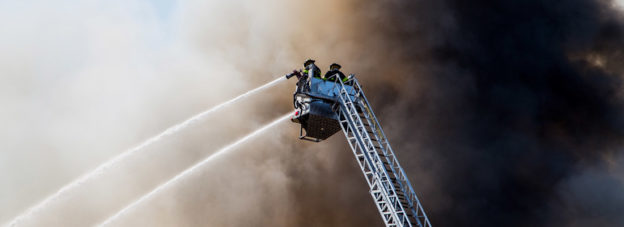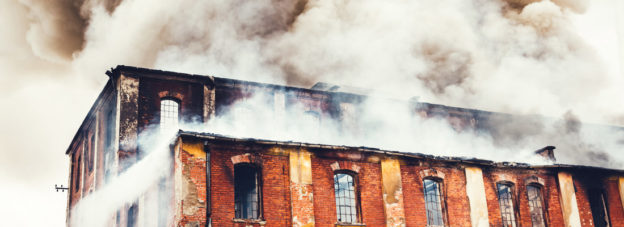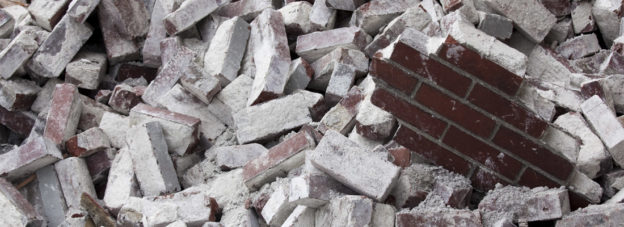In Kornbleuth v. Westover, 2020 N.J. LEXIS 298, the Supreme Court of New Jersey considered whether the trail court properly dismissed the plaintiffs’ trespass claim against their neighbors for failing to offer evidence of diminution of the market value of their property. The Supreme Court upheld the dismissal, finding that the plaintiffs’ damages could not be determined, as a matter of law, because they did not offer evidence of the diminution of market value of their property as a result of the trespass. Although the plaintiffs presented evidence of the cost to restore the property, the court held that determining the applicable measure of damages for a trespass claim is dependent on the diminution of market value and whether or not the restoration costs are proportionate to that value. Continue reading








